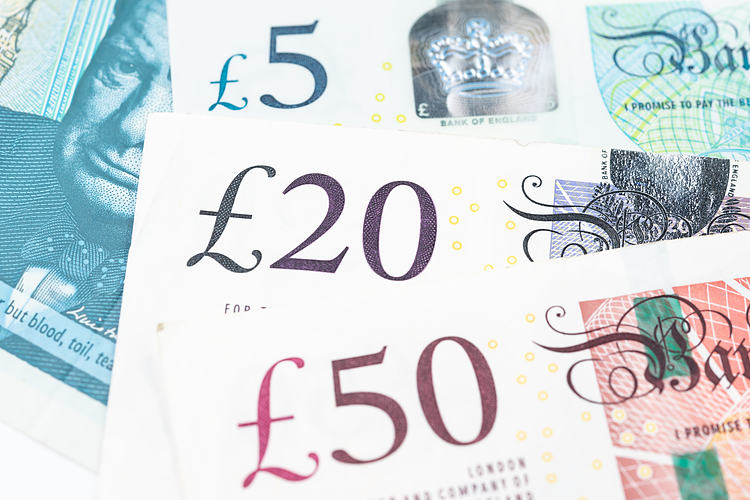- GBP/USD rises, supported by solid UK GDP figures, but fails to sustain above 1.3400.
- Momentum favors upside, with RSI in bullish territory; resistance stands at 1.3400, followed by YTD high at 1.3434.
- If GBP/USD fails to break higher, support lies at 1.3359, with further downside risk toward 1.3312 and 1.3248.
The Pound Sterling held to gains against the Greenback during the North American session and edged up 0.14%. Earlier, solid Gross Domestic Product (GDP) figures in the UK sponsored a leg-up above 1.3400, but bulls failed to hold the exchange rate above the latter. The GBP/USD trades at 1.3387.
GBP/USD Price Forecast: Technical outlook
Even though the GBP/USD is bullish-biased, failure to decisively clear the year-to-date (YTD) high of 1.3434 might open the door for further downside.
Momentum favors buyers, with the Relative Strength Index (RSI) aiming up at bullish territory. Hence, the path of least resistance is tilted to the upside.
The GBP/USD first resistance would be 1.3400. A breach of the latter will expose the daily high of 1.3422, followed by the YTD peak at 1.3434.
Conversely, if bears keep the exchange rate below 1.3400, further losses lie ahead. The first support is 1.3359, today’s low, followed by the September 25 cycle low of 1.3312. If surrendered, up next lie the September 23 low of 1.3248.
GBP/USD Price Action – Daily Chart
Pound Sterling FAQs
The Pound Sterling (GBP) is the oldest currency in the world (886 AD) and the official currency of the United Kingdom. It is the fourth most traded unit for foreign exchange (FX) in the world, accounting for 12% of all transactions, averaging $630 billion a day, according to 2022 data. Its key trading pairs are GBP/USD, also known as ‘Cable’, which accounts for 11% of FX, GBP/JPY, or the ‘Dragon’ as it is known by traders (3%), and EUR/GBP (2%). The Pound Sterling is issued by the Bank of England (BoE).
The single most important factor influencing the value of the Pound Sterling is monetary policy decided by the Bank of England. The BoE bases its decisions on whether it has achieved its primary goal of “price stability” – a steady inflation rate of around 2%. Its primary tool for achieving this is the adjustment of interest rates. When inflation is too high, the BoE will try to rein it in by raising interest rates, making it more expensive for people and businesses to access credit. This is generally positive for GBP, as higher interest rates make the UK a more attractive place for global investors to park their money. When inflation falls too low it is a sign economic growth is slowing. In this scenario, the BoE will consider lowering interest rates to cheapen credit so businesses will borrow more to invest in growth-generating projects.
Data releases gauge the health of the economy and can impact the value of the Pound Sterling. Indicators such as GDP, Manufacturing and Services PMIs, and employment can all influence the direction of the GBP. A strong economy is good for Sterling. Not only does it attract more foreign investment but it may encourage the BoE to put up interest rates, which will directly strengthen GBP. Otherwise, if economic data is weak, the Pound Sterling is likely to fall.
Another significant data release for the Pound Sterling is the Trade Balance. This indicator measures the difference between what a country earns from its exports and what it spends on imports over a given period. If a country produces highly sought-after exports, its currency will benefit purely from the extra demand created from foreign buyers seeking to purchase these goods. Therefore, a positive net Trade Balance strengthens a currency and vice versa for a negative balance.
Read the full article here

